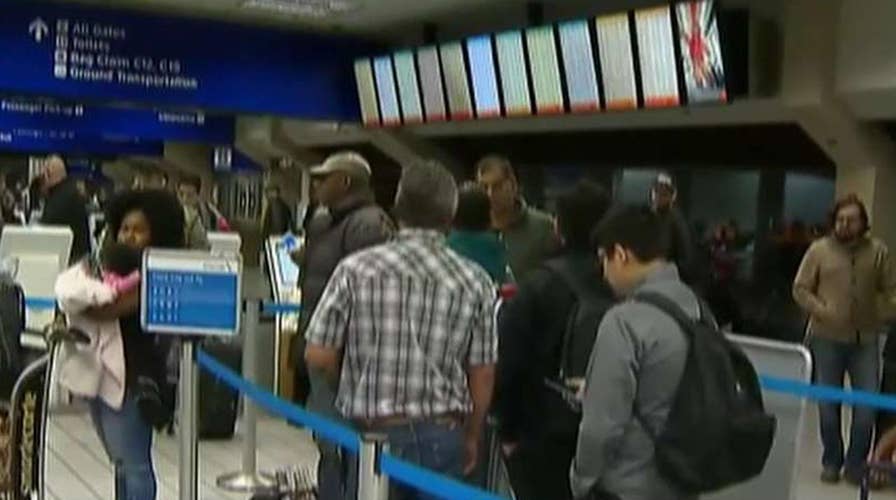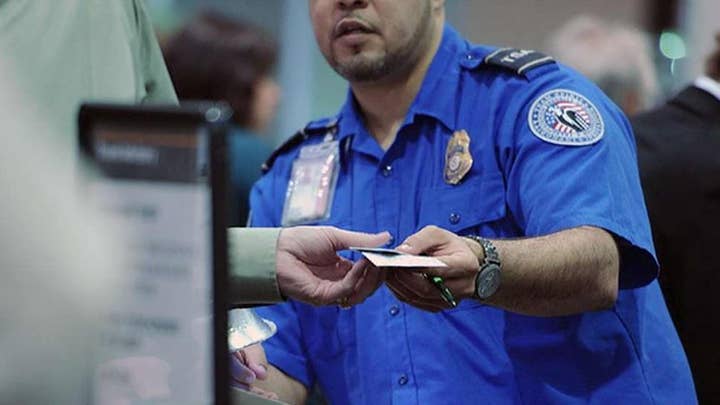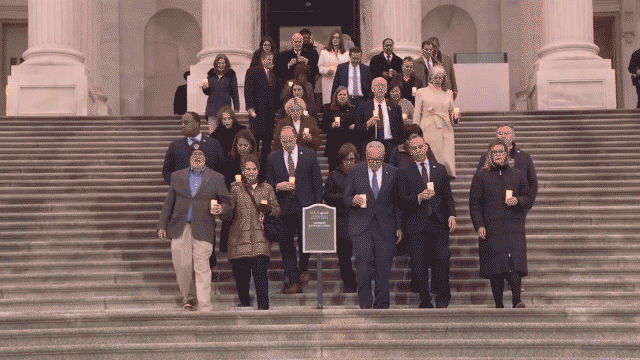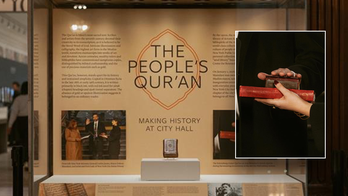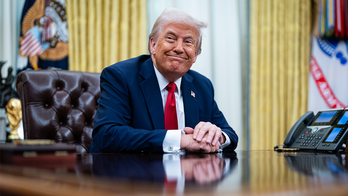Does the TSA's Quiet Skies surveillance program go too far?
Secret domestic program targeting ordinary U.S. citizens at airports draws controversy.
The Transportation Security Administration is pushing back on a report about a secret surveillance program targeting travelers who are not suspected of a crime or have ties to terrorism.
“Quiet Skies” is a program that has been in existence since 2010, but came under fire after a report this weekend by the Boston Globe.
The Globe reported federal air marshals are tracking ordinary U.S. citizens and gathering information about their movements and behavior.
TSA Public Affairs Assistant Administrator Michael Bilello confirms the program exists, and is necessary to protect against another “9/11-style attack,” but he said the idea that TSA is targeting ordinary Americans is “ridiculous.”
Bilello added: “Average Americans would not come close to qualifying for inclusion in this program. If you are being observed by a federal air marshal as part of this program, it is because you have a pattern of travel, as well as other activities.”
As passengers pass through airport security, a computer algorithm spots those whose travel and activities match with current threat intelligence. A human team then vets the information, and if there is a red flag in the flyer’s background, that person may be followed through their travel and watched.
The internal documents uncovered by the Globe show a checklist for armed undercover air marshals that asks if the passenger in question is gripping or “white knuckling” their bags, have a “jump” in their Adam’s apple or a “cold penetrating stare.”
Hugh Handeyside, senior staff attorney with the American Civil Liberties Union’s National Security Project slammed these “behavior detection techniques” because of their subjective nature, noting a nervous flier could exhibit these same qualities.
The TSA did not comment on the checklist but defends this technique; Bilello said: “You’re being observed when you enter the airport. I don't think anybody is surprised by that. If you are surprised by that, you're not paying attention when you're going through a TSA checkpoint — they are observing behavioral detection.”
The ACLU is demanding more information, filing a Freedom of Information Act request this week to make sure that TSA is not using “proxies” to single out travelers based on race or religion.
Handeyside said: “These concerns and the need for transparency are all the more acute because of TSA’s track record of using unreliable and unscientific techniques to screen and monitor travelers who have done nothing wrong.”
Legal experts like George Washington University constitutional law professor Jonathan Turley said the program raises serious privacy concerns and issue warnings about creating a “fishbowl society where citizens feel that they are under constant surveillance and observation.”
Turley pointed out that the airplane is a public space with little expectation for privacy: “However, legal questions could be raised if TSA is assembling a type of digital dossier on citizens on their movements, associations, and preferences. Moreover, if such surveillance is used to restrict travel, it could raise a reviewable matter for the courts.”
In light of these constitutional concerns being raised, TSA still maintains the program has strong oversight from legal and civil liberty experts, adding that Congress has even been briefed on the program four times in the last two months.
Fox News' Lea Gabrielle contributed to this report.




















